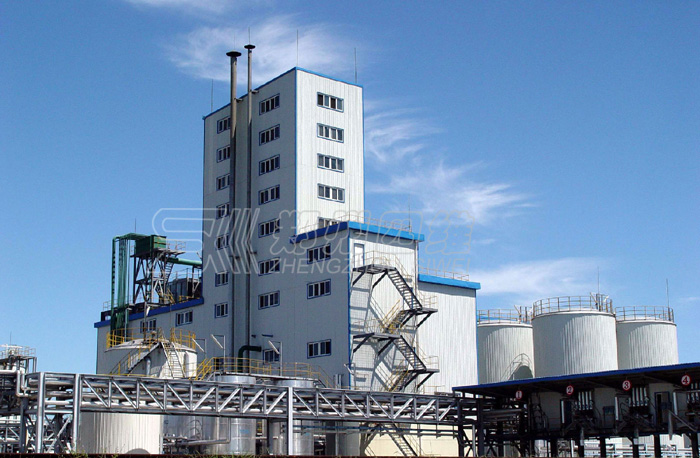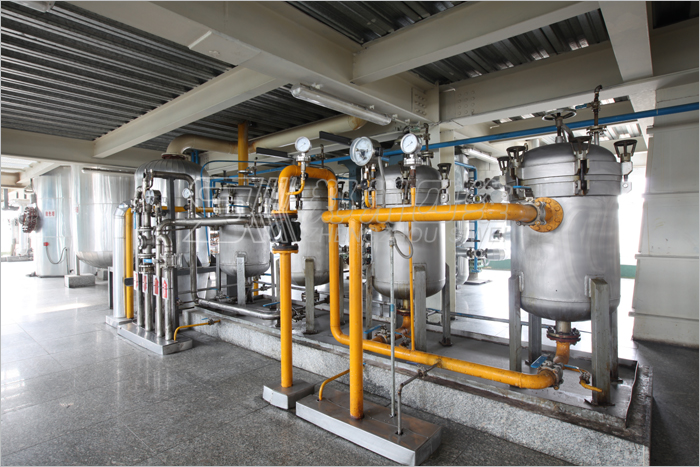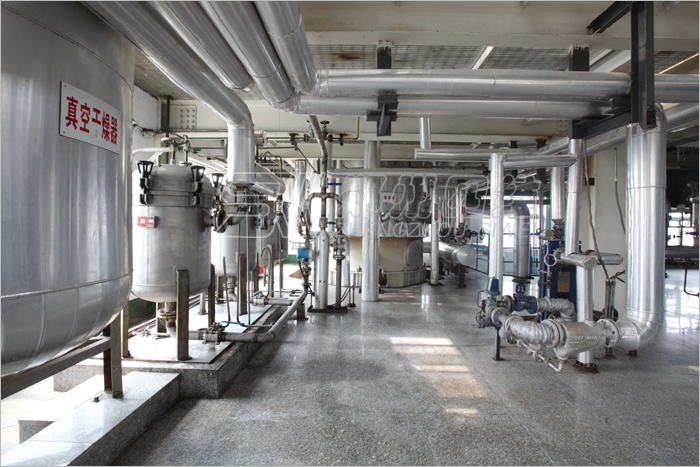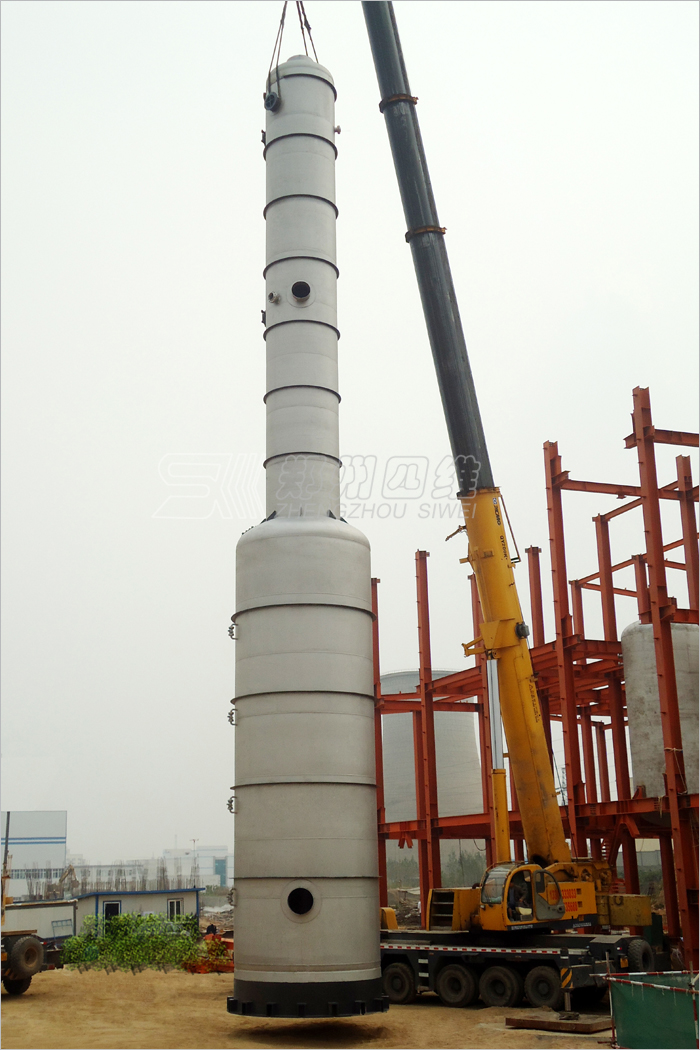Landline:0371-65797028
Mobile:13721441005
Production base: Xingyang Guangwu, Zhengzhou City, Henan Province Industrial Industrial Park
Address: High-tech Zone, Zhengzhou City, Henan Province No.11 Lotus Street

Refining Process Introduction
The oil refining process is based on the differences in physical and chemical properties of fats and accompanying substances, and the corresponding process solutions are adopted to separate fats and impurities to improve the quality of the oil, the safety of the oil and the stability of storage, and to ensure safer, healthier and more nutritious oil.
(1) Degumming: remove the gum-soluble impurities (phospholipids, proteins, etc.) from the gross oil, improve the stability of the oil, and reduce the influence of gum impurities on the effect of oil refining and deep processing process.
(2) neutralization: add alkali to remove free fatty acids from the oil, while effectively removing fungal toxins from the oil, the resulting soap can adsorb some other impurities to form a soap foot. This section is the key process that affects the refining yield and the quality of refined oil.
(3) Decolorization: add adsorbent to remove part of the pigment in the oil, in order to improve the color of oil and improve the quality and stability of oil. The use of the preferred adsorbent can efficiently remove the residual PAHs, pesticides and metal ions in the oil and grease, while reducing the decolorization consumption.
(4) Deodorization: Deodorize the odor substances in the oil, increase the smoke point of the oil, improve the flavor of the oil, and improve the stability, color and quality of the oil. It can also remove free fatty acid, peroxide, some heat-sensitive pigment, polycyclic aromatic hydrocarbon and residual pesticide.
(5) Dewaxing: the wax in oil and grease is the ester formed by senior monocarboxylic acid and senior monohydric alcohol, some of the oil and grease (rice bran oil, sunflower oil, corn germ oil, etc.) need to dewax. Dewaxing can improve the transparency of fats and oils, improve the digestive absorption rate of fats and oils, improve the flavor and palatability of fats and oils, and at the same time can make comprehensive use of the wax source of vegetable fats and oils.
(6) Separation: At a certain temperature, using the difference in melting point and solubility of various glycerides that constitute fats and oils, the fats and oils are divided into solid and liquid parts. The separation can provide a variety of food-specific fats and oils such as margarine, shortening, etc., and can also improve the quality of fats and oils.
For leaching cotton oil, due to the high acid value and dark color, the alkali refining not only uses a large amount of alkali, low refining oil yield, and it is difficult to reach the current national standard of refined cottonseed oil. Zhengzhou Siwei has independently developed and designed a highly efficient, economical and reliable mixed oil refining process in the refining of wool cotton oil, which has effectively solved the above refining problems.




©2021-2029 Copyright Zhengzhou Siwei Company 豫ICP备09004549号-1
Technical support:Zhengzhou website construction